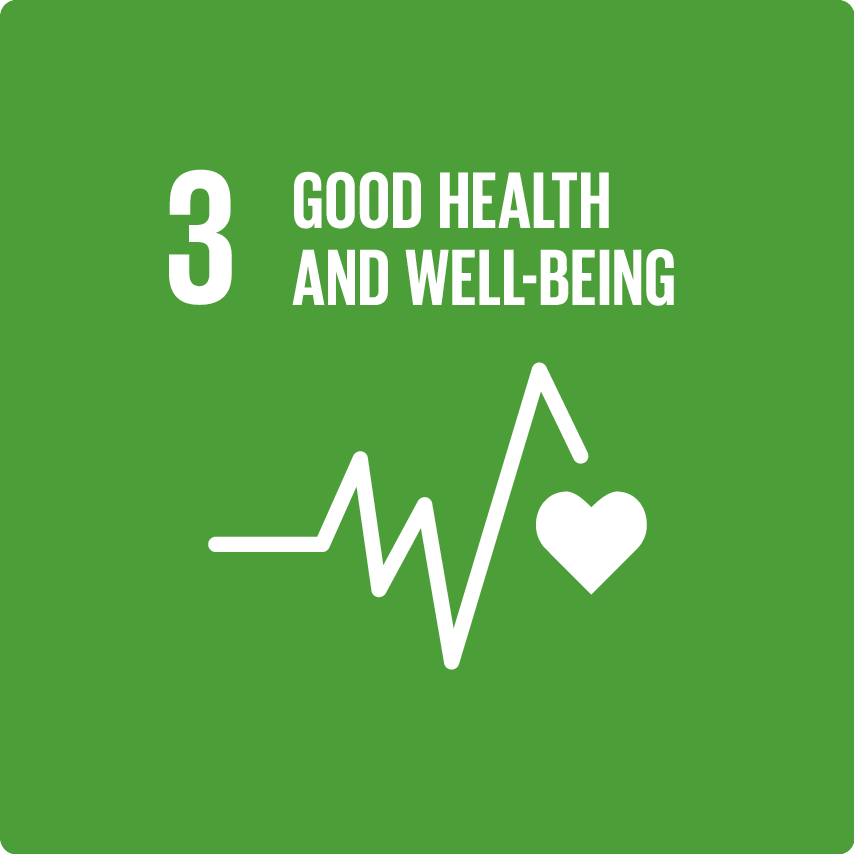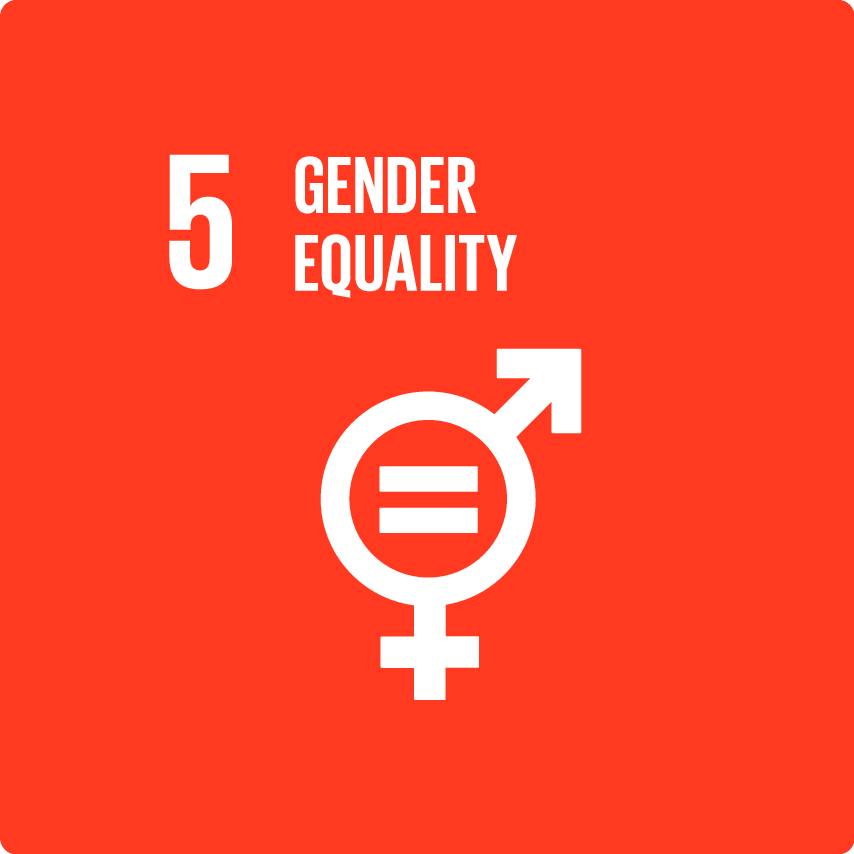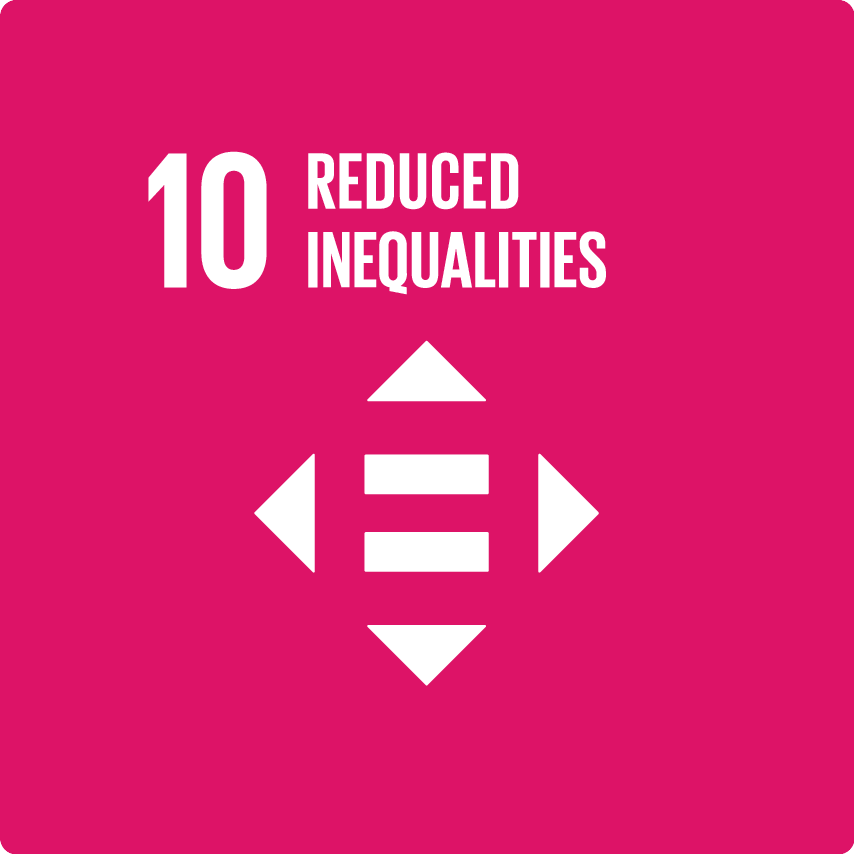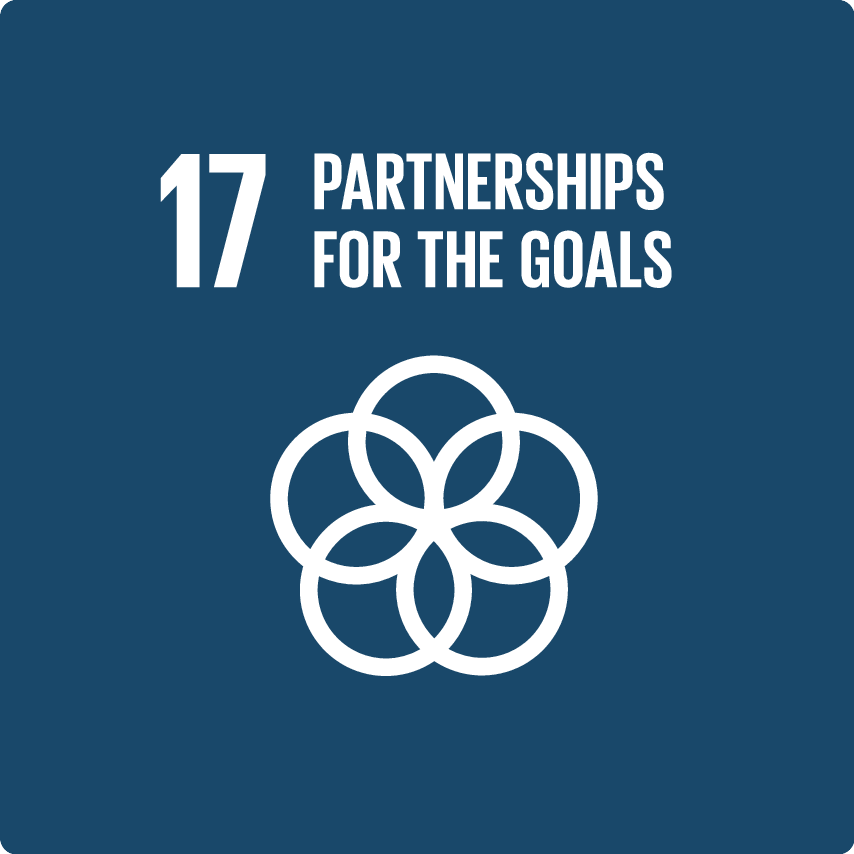Drug Discovery Project for Chagas Disease
Developing new drugs for Neglected Tropical Diseases (NTDs) and tuberculosis (TB).
SEE ALL PARTNER ORGANIZATIONS
Objectives
- Develop new drugs for Neglected Tropical Diseases (NTDs) and tuberculosis (TB).
What are the health needs and challenges?
According to the World Health Organization (WHO), NTDs blight the lives of more than 1 billion of the world’s poorest 2.4 billion people. There are 149 countries and territories where NTDs are endemic, at least 100 of which are endemic for 2 or more of these diseases, and 30 countries and territories of which are endemic for 6 or more. These diseases not only survive and spread in conditions of poverty but also anchor large populations in poverty.
Chagas disease is transmitted by the bite of the assassin bug or vinchuca and is particularly endemic in poorer areas of Latin America and the Caribbean. Approximately 8 million people are believed to carry the disease and 100 million people are estimated to be living in endemic areas. In Latin America alone, about 14,000 people die from Chagas disease on average each year, meaning that the development of a novel treatment for this disease exists as a high unmet medical need.
Partnership activities and how they address needs and challenges
Eisai has announced a global agreement with the Broad Institute, a collaborative research facility that includes researchers from Harvard University and the Massachusetts Institute of Technology (MIT), to jointly discover and develop new therapeutic agents for the treatment of neglected tropical diseases (NTDs) and tuberculosis.
Under the agreement, Eisai and Broad will collaborate together on drug discovery initiatives toward novel treatments for NTDs and tuberculosis through optimization of compounds screened from Broad’s chemical library. The first project will conduct drug discovery research aimed at the creation of a novel treatment for Chagas disease.
This first project for the treatment of Chagas disease has also been awarded a grant for partial funding by the Global Health Innovative Technology Fund (GHIT Fund), an international nonprofit organization aimed to advance the research and development of new health technologies from Japan to fight infectious diseases prevalent specifically in the developing world, including HIV/AIDS, malaria, tuberculosis, and neglected tropical diseases (NTDs). Established as a public-private partnership between the Government of Japan, a consortium of pharmaceutical companies (including Eisai), and the Bill & Melinda Gates Foundation, the GHIT Fund facilitates and funds research and development of new health technologies.
Geographic Reach
- Americas
Disease Area
- Infectious and Parasitic Disease
Target Population
- Children
- Men
- Women
- Marginalized/indigenous people
- People with low incomes
Partner organizations
Global Health Innovative Technology (GHIT) Fund
Broad Institute
Harvard University
Massachusetts Institute of Technology (MIT)
Geographic Reach
Americas
Disease Area
Infectious and Parasitic Disease
- Neglected Tropical Diseases (NTDs)
- Chagas Disease
- Tuberculosis



